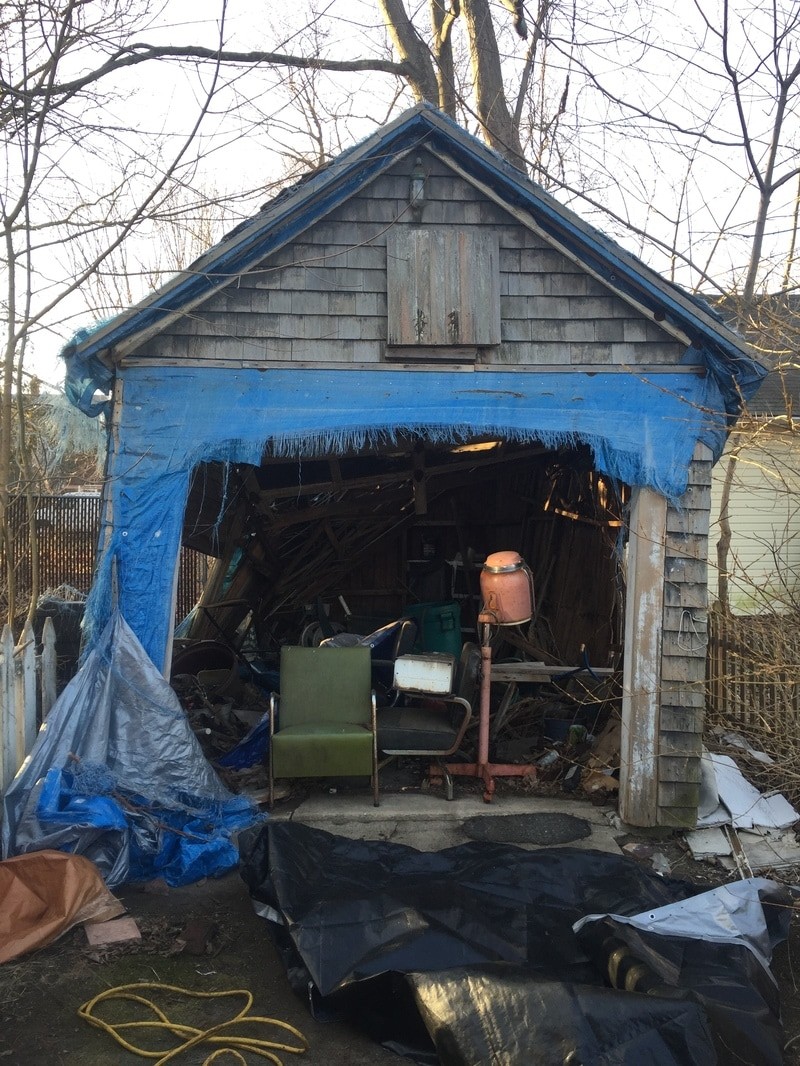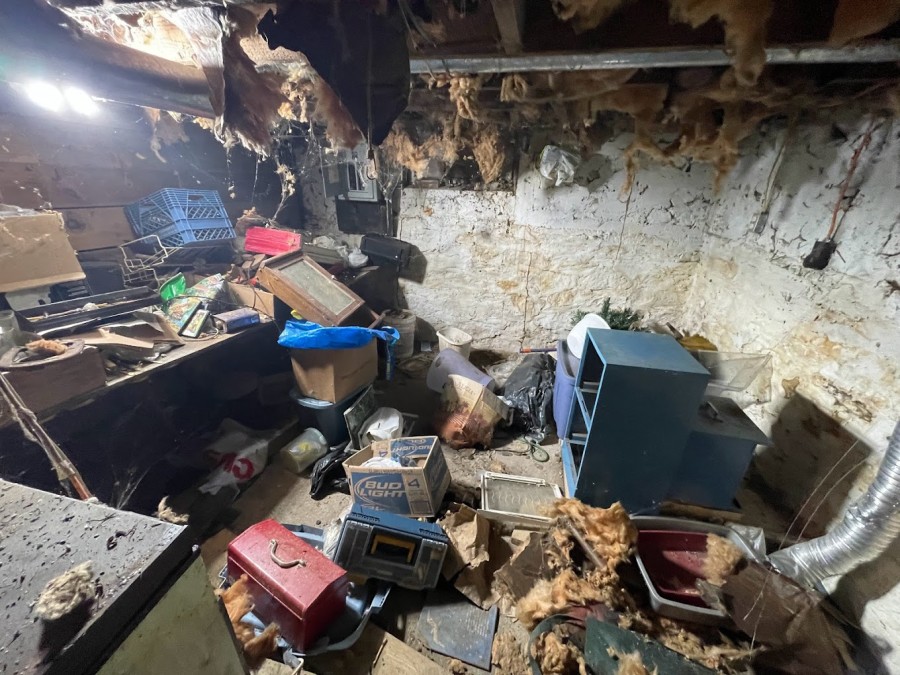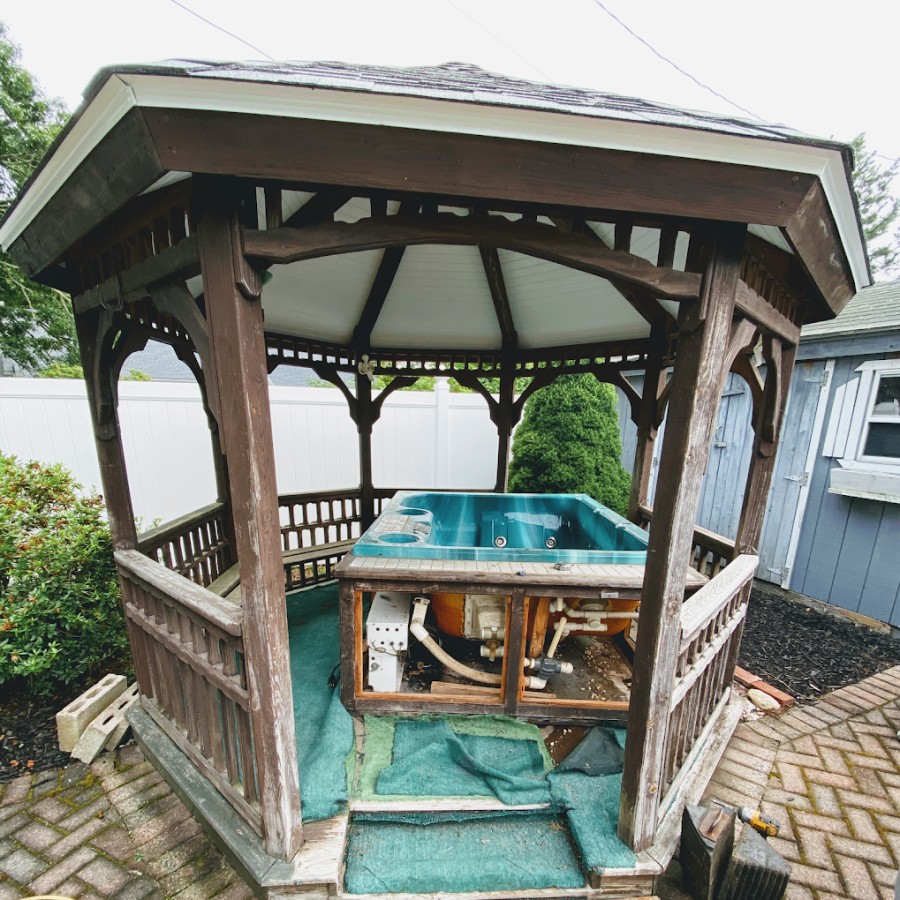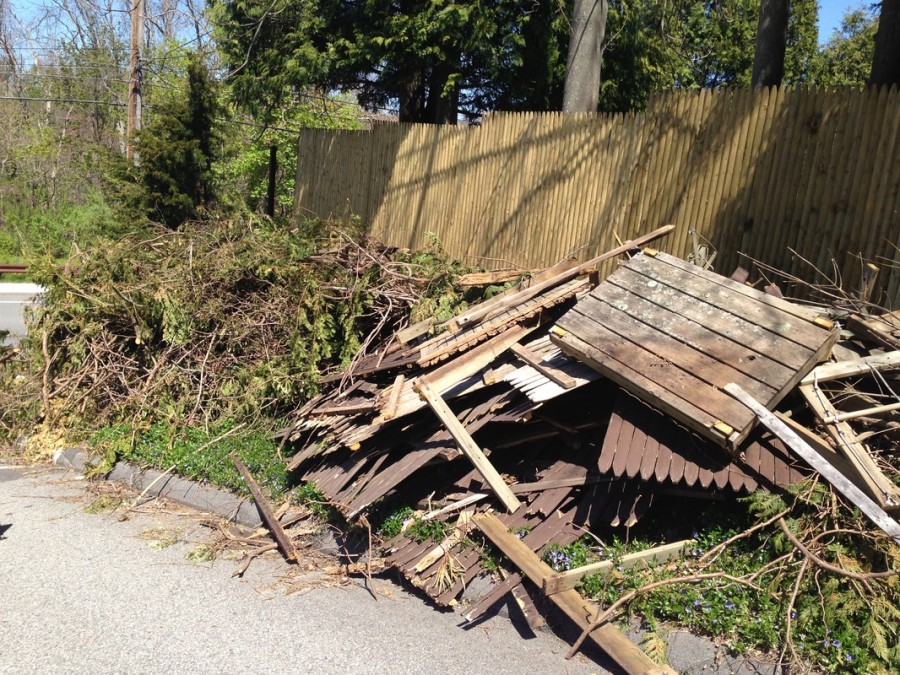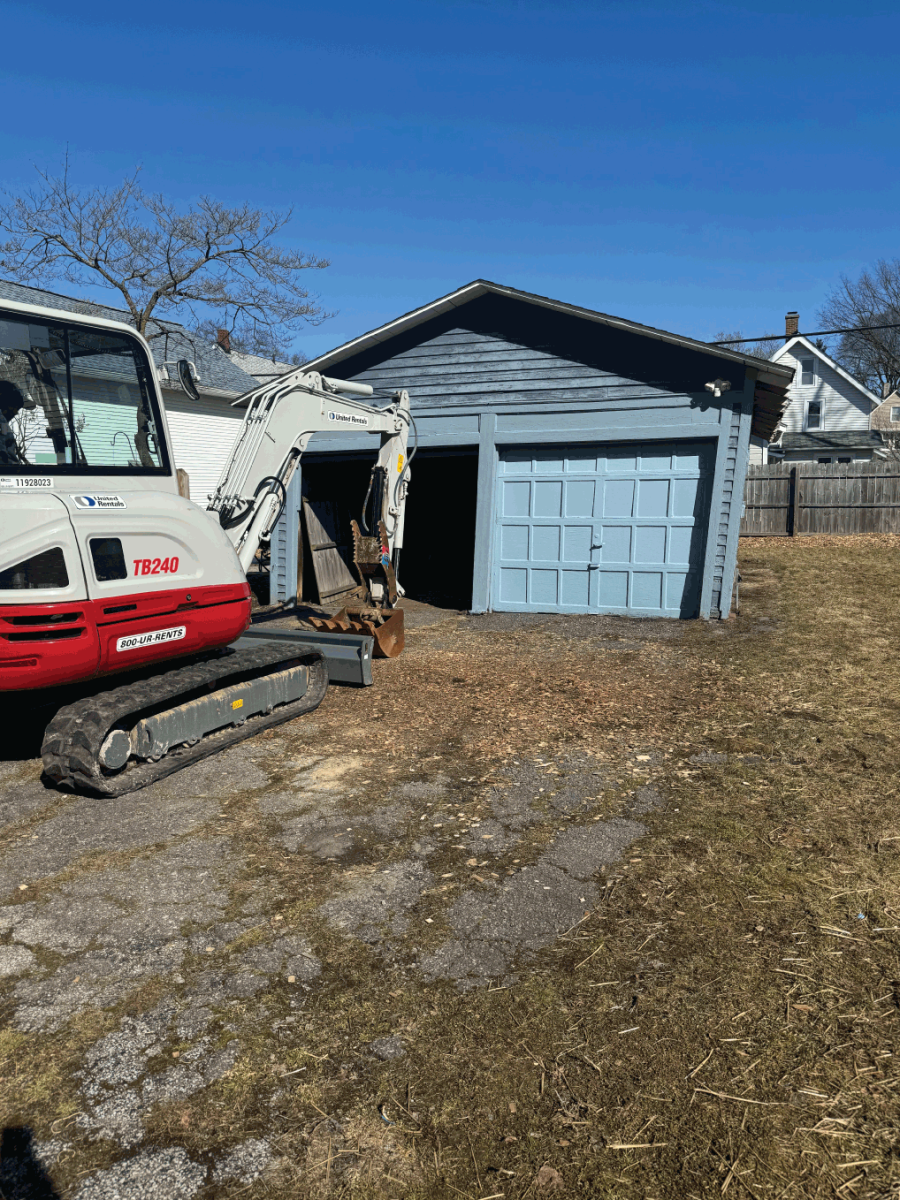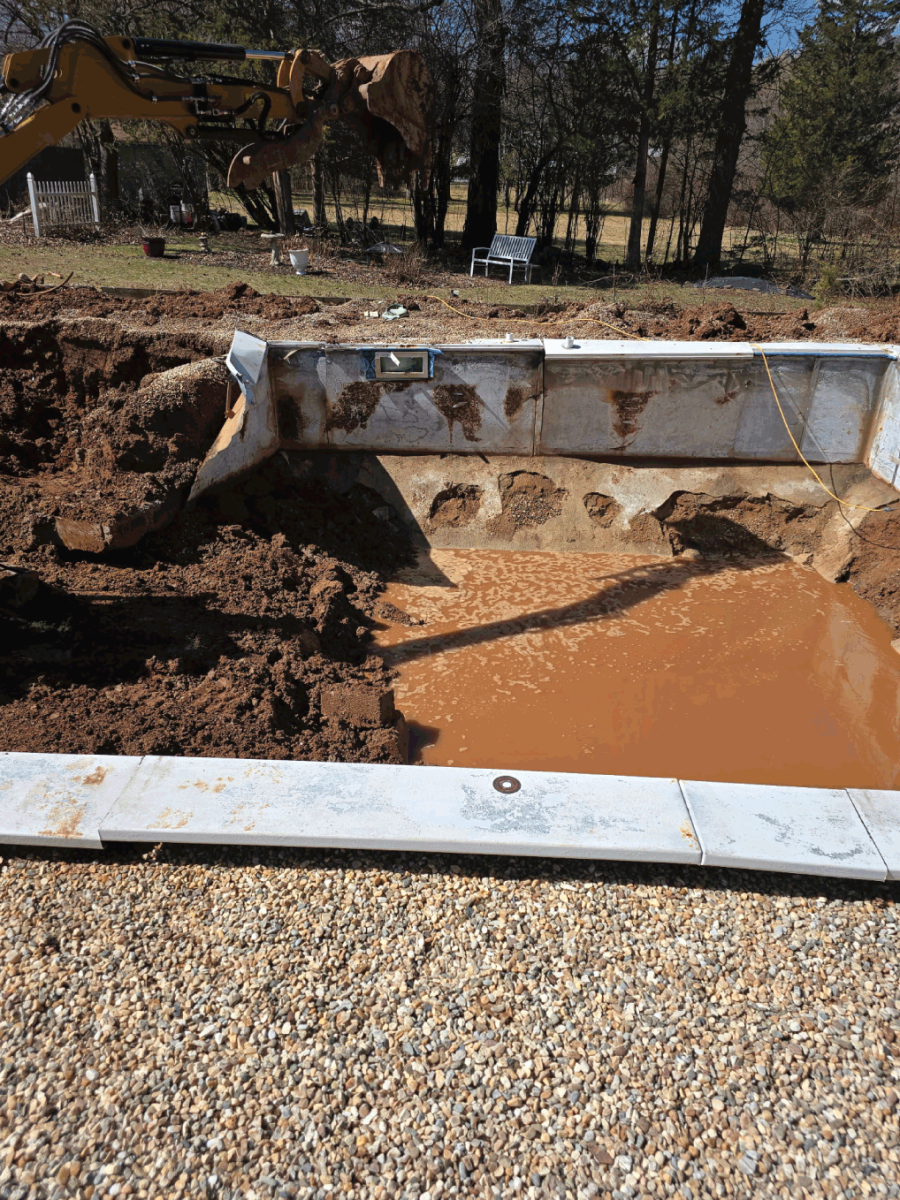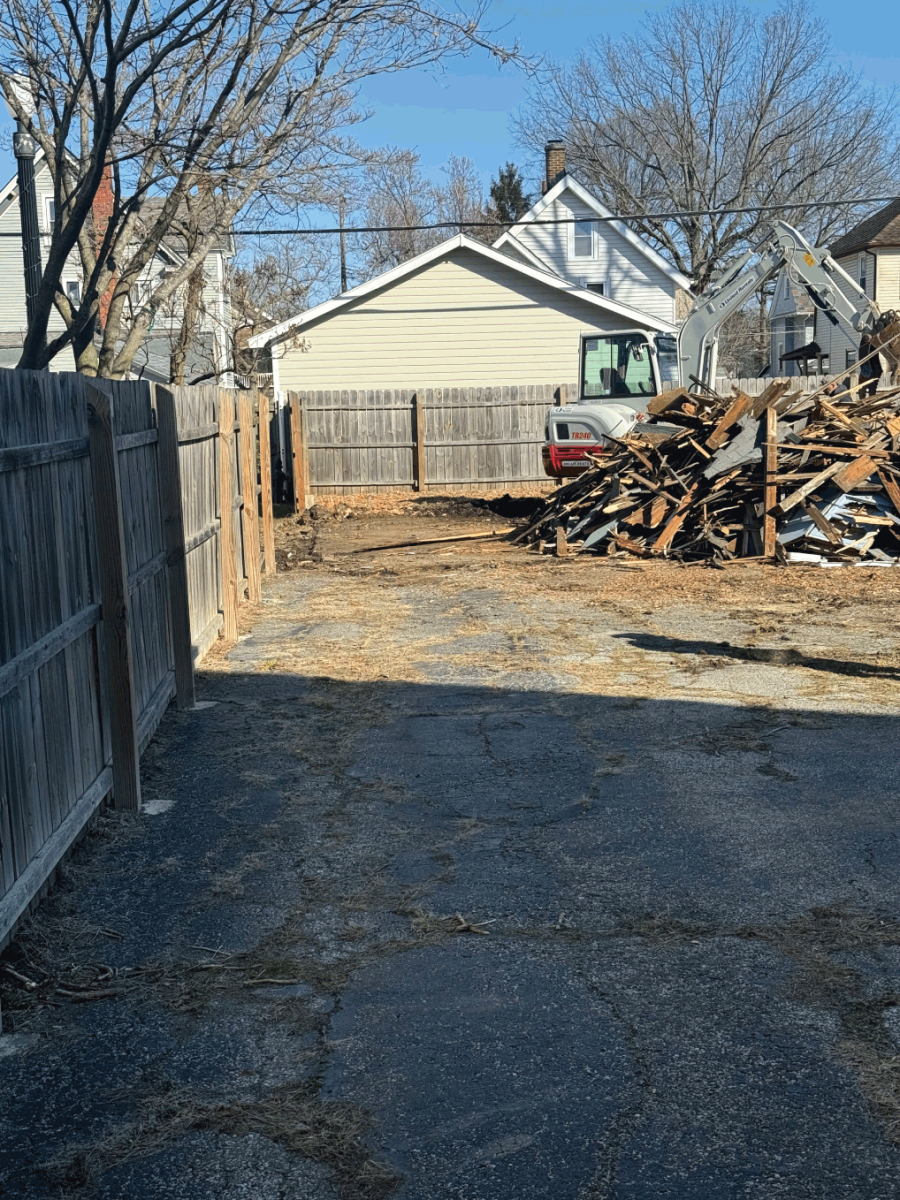Sponsored results
Dan's Demolition - Dan's Dump Runs
Dan’s Demolition is proud to be veteran-owned and operated and serving the Mystic, Connecticut area. Our crew of experienced professionals are fully equipped to... more
Sevan Construction & Development
Want oil tank removal you a rely on? At Sevan Construction & Development, we pride ourselves on getting jobs done right—on time and on budget.... more
All "Oil Tank Removal" results near me in Stonington, CT - January 2026
Sevan Construction & Development
Want oil tank removal you a rely on? At Sevan Construction & Development, we pride ourselves on getting jobs done right—on time and on budget.... more
Dan Mackin Construction
Get expert demo & excavation services from Dan Mackin Construction. We were founded in 1998 and today have grown to offer a full suite of demolition services... more
Bistrian Materials
Serving the Long Island community for more than 30 years, Bistrian Materials works hard to provide customers with;quality materials, site work, and personal service.... more
Dan's Demolition - Dan's Dump Runs
Dan’s Demolition is proud to be veteran-owned and operated and serving the Mystic, Connecticut area. Our crew of experienced professionals are fully equipped to... more
East Coast Construction
East Coast Construction has more than 34 years of experience providing demolition, excavation, and utility services to residential, commercial, and municipal customers throughout Rhode Island and... more
D W Transport & Leasing
D.W. Transport and Leasing, Inc. started as a one-man business, and we have since grown our fleet to include 30 tractor trailer trucks and more... more
Smith Chas Excavating
Smith Chas Excavating offers a wide range of excavation and demolition services for residential and commercial customers. We can demolish large-scale projects, remove underground storage... more
Barberi Brothers Demolition
Barberi Brothers Demolition, located in Waterford, CT, places a high emphasis on delivering unmatched quality services at a fair price. We perform a variety of... more
TJ Landscape Design & Construction
Serving the Westerly, Rhode Island area, TJ Landscape Design & Construction knows how to successfully complete a wide range of projects, including demolition.&... more
Nearby Places for Tank Removal
Tank Removal Tips for Stonington, CT
Why should I remove my oil storage tank?
Both above ground and underground storage tanks have major environmental danger and health risks because of the high potential each poses for leaks. Oil spills from storage tank leaks are the single greatest threat to groundwater quality in the United States today. In the U.S. alone, more than 200,000 sites have been contaminated by underground storage tank petroleum leaks. These leaks may seem insignificant and small at the time, but they can pose a severe threat to the environment and the public health.
